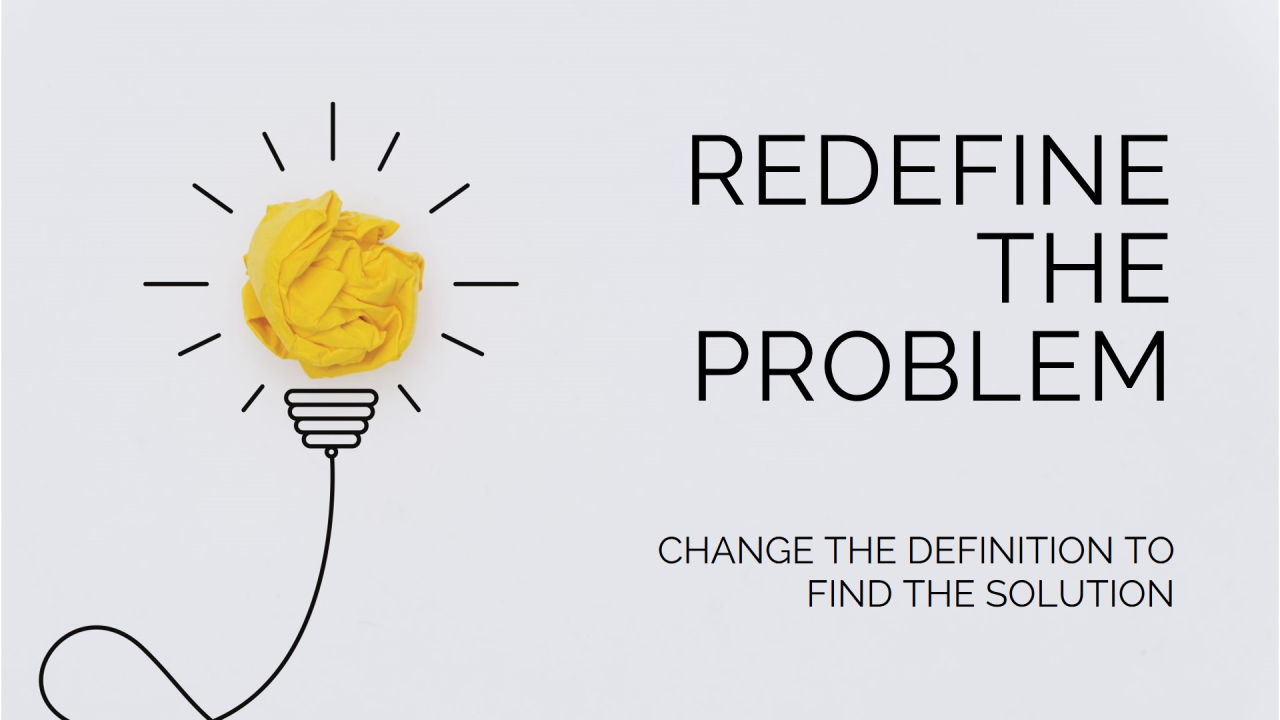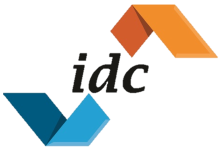Eleanor Hecks is a business writer and researcher with a personal passion for building disability understanding and acceptance in the workplace. You can find her work as Editor-in-Chief of Designerly Magazine, where she writes on business and design topics, as well as in publications such as Training Industry, eLearning Industry and Due.
What Does It Mean to Provide Reasonable Workplace Accommodations for Your Neurodiverse Employees?
As the workplace evolves, so does its understanding of Diversity, Equity, and Inclusion (DEI). Understanding and accommodating neurodiversity — differences in brain function and learning, including autism, ADHD, and dyslexia — are part of the changes underway.
Neurodiverse employees bring innovation, new perspectives, and problem-solving skills to the business landscape, and providing accommodations to maximize their potential is vital. Here's how to create a more inclusive workplace for neurodiverse employees through reasonable accommodations and beyond.
Laws Protecting Neurodiversity in the Office
The Americans With Disabilities Act (ADA) protects people with disabilities from discrimination in every area of their lives, including occupation. Although the ADA does not provide a comprehensive list of disabilities, it recognizes several neurodiversity-related conditions.
Other laws pertaining to neurodiversity include:
- Section 504 of the Rehabilitation Act: It forbids discrimination against neurodiverse individuals in federally funded programs and activities.
- Individuals With Disabilities Education Act: While mainly for education purposes, it includes requirements for disabled students entering the workforce.
According to Bloomberg Law, legal cases related to disabilities rose 10% from 2016 to 2022, with autism-related charges increasing from 0.4% to 1.2% in the same period. Interestingly, neurodiversity charges against employers stayed the same from 2020 to 2021, which experts say may have been because of slower, less stressful work-from-home environments.
These laws prevent companies from discriminating during hiring, firing, and promotions. And, specifically, they require employers to deliver reasonable accommodations for those who need it.
Common Reasonable Accommodations for Neurodiverse Employees
Neurodiverse individuals experience wide-ranging challenges at work, including communication, time management, concentration, stress management, and sensory issues. Many neurodivergent employees require reasonable accommodations to perform their work to the best of their ability. However, there is no one-size-fits-all solution, so you should work with each individual to develop the best plan.
Reasonable accommodations for neurodivergence may look like the following:
- Written or recorded instruction for personal reference
- Visual task lists using images
- Flexible hours, breaks, and work environments
- Regular feedback with positive reinforcement
- Skills training
Neurodiverse people are often affected by stimuli, so mandating a fragrance-free office and designating quiet areas may be other reasonable accommodations. For example, someone may be more productive in an office with a door than an open floor plan.
Lighting may also affect someone’s ability to work. While natural or bright lighting boosts employee performance and productivity, excessively bright or harsh lights may have the opposite effect for neurodiverse people. Light-emitting diode bulbs and advanced lighting systems will enable better control over adequate illumination.
Beyond Expectations: 5 Tips for Accommodating Neurodivergence in the Workplace
Although you're mandated to provide reasonable accommodations to your neurodiverse employees, going above and beyond what's expected demonstrates your personal commitment to your employees. Additionally, nurturing your neurodiverse talent enhances job satisfaction and creates an idyllic workplace for everyone.
1. Provide Companywide Training
Studies show that 56% of workers agree DEI is positive for the workplace. With so many team members on board, it may be worth offering companywide training to discuss neurodiversity and the value these individuals bring to the job.
Training could cover various conditions, the strengths and challenges of neurodiversity, and how to best work alongside neurodiverse individuals. This sort of discussion decreases stigma and aids acceptance. Inviting guest speakers to share personal experiences and insights is another option.
2. Offer Mentorship
Neurodiverse team members could benefit from mentorship programs. Mentors offer guidance and support for employees to develop professionally and progress in their career paths. These programs allow neurodiverse employees to ask questions and receive helpful feedback to improve in various areas of their work.
3. Create Sensory-Friendly Workspaces
According to one study, autistic people are more susceptible to background noise and light compared to non-neurodiverse individuals. Therefore, you can create sensory-friendly environments for them to do their work.
Although this falls under reasonable accommodations, employers can ensure private office areas are free of distractions — such as busy patterns and clutter — or offer noise-canceling headphones. Likewise, these spaces might be equipped with softer lighting or dimmers for them to control.
4. Allow Flexible Work Arrangements
Nowadays, most employees want flexible work arrangements. However, neurodivergent workers may benefit most from them. Remote work options allow these individuals to perform their jobs when they're most productive and create their own ideal workspace to meet their needs.
5. Invest in Assistive Technology
What are straightforward tasks for one person — reading and drafting emails, writing documents and editing — may not be as simple for neurodivergent people. Companies can invest in assistive technology to help these individuals work independently and efficiently.
For instance, you might deliver speech-to-text software, which converts spoken words into text. Likewise, text-to-speech software reads text aloud, benefiting those with dyslexia or a visual disability. Other tools include time-tracking applications, graphic organizers, digital scheduling and reminders, and mind-mapping software.
Help Your Neurodiverse Employees Shine
Accommodating the needs of your neurodiverse employees is vital to maintaining an inclusive workplace. As any company knows, a well-supported team delivers positive results. Go above and beyond reasonable accommodations for neurodivergent staff, and reap the rewards of their high performance and skill.
About Eleanor Hecks
Share This Article!
Disclaimer: Content on this blog is authored by multiple sources. While we do make every attempt to proofread and fact-check, unless authored our staff, the views expressed do not necessarily reflect those of the Institute for Diversity Certification (IDC), Inc.
More Insightful DEIA Blogs












Share On: